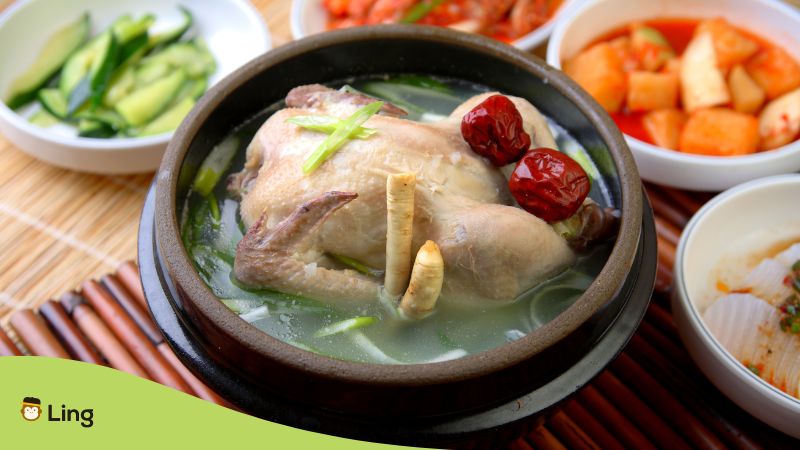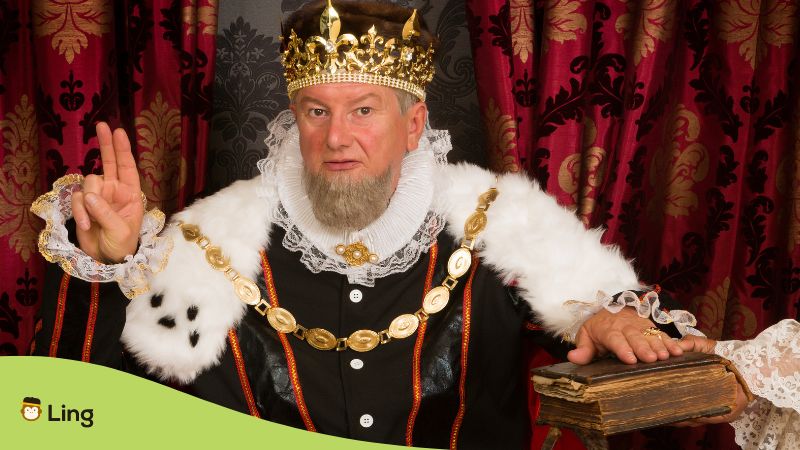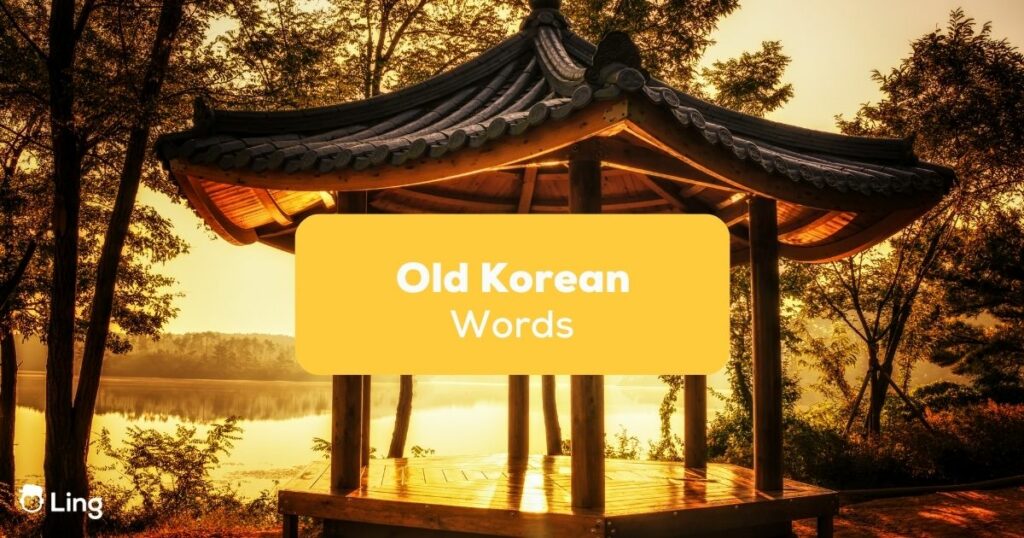Do you have a thing for old and meaningful words? You may not hear them often, but they surely hold a significant value in a country’s literature and culture. In this post, we gathered the most interesting old Korean words that’ll leave you in awe.
Interestingly, the Korean language is known as 한국어 (Hangugeo) in South Korea, while in North Korea, you may hear them call it 조선말 (Chosŏnmal). Today the script used in Korea is popularly known as Hangul, and it was invented in the 15th century. But aside from the name of the language, one thing that might also captivate you is its selection of old Korean words! For me, old Korean words can sway your heart. The beauty and history they hold is something that’s well-valued not just in books and literature but also in their traditional culture.
Today, let’s take a voyage in the interesting realm of archaic Korean words known as 고어 (Go-eo), they may not be used in local’s daily lives but learning them is like taking a quick trip back in time.
11 Interesting Old Korean Words
Although you might not hear these words during everyday conversations, they’re still a crucial part of the Korean language and history. They provide an interesting sneak peek into what Korea’s cultural and historical pasts were like.

1. 뻐꾸기 (Ppeokkugi)
Have you ever seen a cuckoo bird? It’s that unique bluish-grey bird that has a hobby of laying its eggs on other birds’ nests. It may be an old term, but people may still occasionally use this native Korean word whenever they spot this seemingly lazy bird!

2. 삼계탕 (Samgyetang)
This list of old words won’t be complete without a single dish. You see, food plays a big role in Korean history, so here we have the 삼계탕 (Samgyetang). It’s made with a whole small chicken that’s often stuffed with sweet rice.
You may find people devouring this dish during summer, even though it’s hot, because it’s believed to help people regain energy after sweating in the heat. Moreover, eating 삼계탕 (Samgyetang) is like getting a big warm hug from the inside!
3. 무당 (Mudang)
You may have seen shamans or heard of them in certain Korean dramas. Although you might not hear this term in your everyday life since it’s quite uncommon, you might encounter 무녀 (Munyeo) instead. It’s the modern Korean term for 무당 (Mudang).
4. 정자 (Jeongja)
If you’ve been watching historical dramas for a while, you probably see the Crown Prince hanging out in a 정자 (Jeongja). This term isn’t really used every day, but architects typically use it in their workspace. This Korean architecture can be used for various activities such as resting, meeting places, or ceremonies. You may notice it easily blending with nature, making it more aesthetically pleasing!
5. 팔도 (Paldo)
Taking a further trip to the interesting list of old Korean words brings us to the term 팔도 (Paldo). It’s one of the Sino-Korean words used in the old Korean language, and it has a literal meaning of “Eight Provinces.” Despite not being widely used by locals, it still serves as a reminder of the division of provinces, cities, and countries from the late 19th century.
6. 각시 (Gaksi)
If you want to describe a woman in an old-fashion way, try saying 각시 (Gaksi). It’s rare to hear this word in the modern Korean language, but back then, they even used it when referring to a woman who was newlywed. But generally speaking, this term best describes a young lady who’s beautiful.

7. 왕명 (Wangmyeong)
In the old Korean period, when kings and queens ruled the land, they used the term 왕명 (Wangmyeong) when referring to the King’s name. This is also known as the ruler’s last proclamation; the king delivers his final will before he dies.
8. 만세 (Manse)
You may have heard of the word “Manse/Mansae” in modern times, and interestingly, it also belonged to old Korean terms. It was a celebratory term used to cheer for the existence of a new King. Back then, you’d hear people shout this word when welcoming the king, and it was used to wish him a long life. Moreover, this triumphant exclamation directly translates to “Ten thousand years,” but in other sources, it basically means “Hurrah!”
9. 왕비/대비 (Wang-bi/Dae-bi)
Royaly surely played a big role in Korean history as we keep on encountering them on this list. A king comes with a queen, and back then, they call them 왕비 or 대비 which simply translates to “Queen.” But in modern Korean, they’re called 여왕 (Yeowang).
10. 화랑 (Hwarang)
Calling for the Korean historical drama lovers out there! Does this word ring a bell to you? It turns out that 화랑 (Hwarang) translates to “Flowering Knights” in English. This is a group of young men from the Silla period trained for martial arts and various scholarly pursuits. They’re typically good-looking and neat in terms of their physical appearance.
11. 누이/오라버니 (Nui/Orabeoni)
Here’s another term that you’ll be surprised to hear after learning its meaning. Back then, younger males call their older sister 누이 (Nui), which is equivalent to 누나 (Nuna) in modern Korean. While older females address their older brother 오라버니 (Orabeoni), and this is similar to the popular term today, which is 오빠 (Oppa.)
Want To Learn Korean? Try Ling Today!
Exploring the ancient Korean scribes and their unique writing system is another chapter that you’d like to uncover later on. If you enjoyed this post, you’re probably in the process of mastering the intricate ends of the Korean language. It sure is a tough road, and if you want to make studying a little more fun for you, Ling is here to help.
With the app, you can master more than 60 languages worldwide. Spending 10 minutes of your time a day with it helps you master any lexicon you’re interested in! Reviewing yourself with the quizzes and practice tests it offers would also be a great aid in your language-learning journey! Download Ling today on Play Store and App Store for FREE to start your trek!



































































